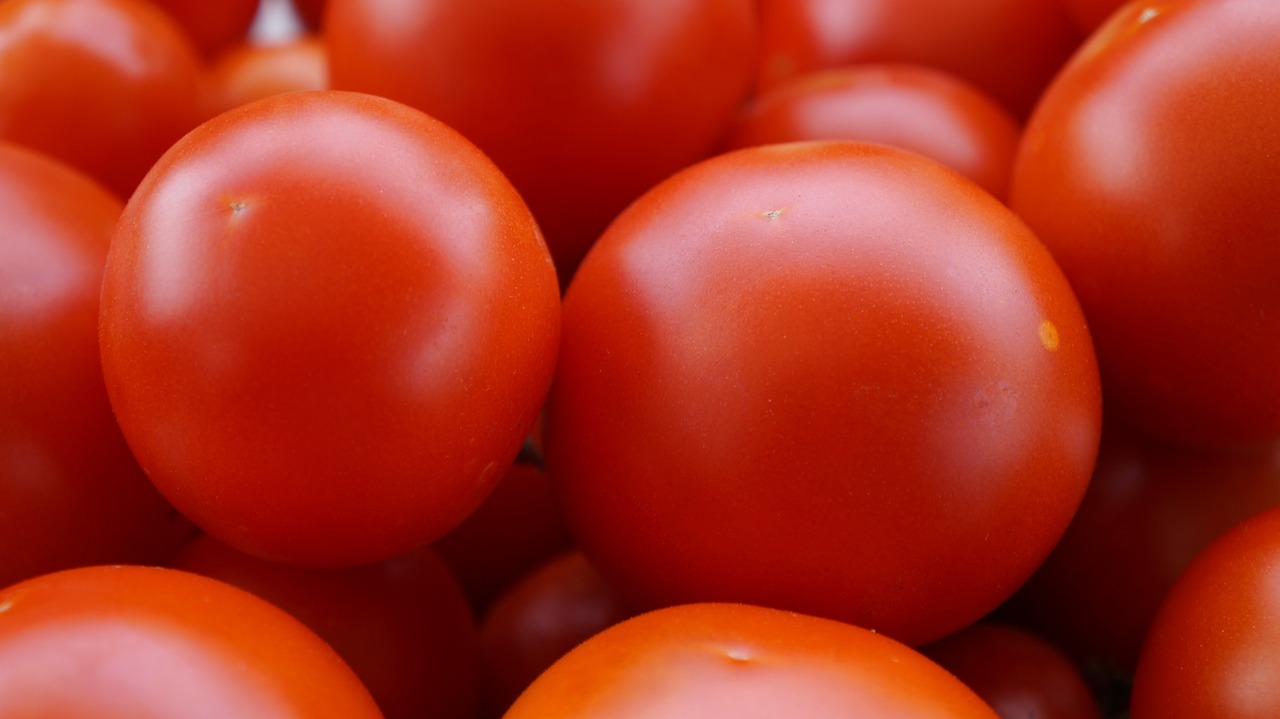Understanding the Role of Vitamin E in Pet Food for Immune Support: Goldenexch99, Cricbet99 club.com, King567 login
goldenexch99, cricbet99 club.com, king567 login: Understanding the Role of Vitamin E in Pet Food for Immune Support
Have you ever wondered why vitamin E is included in your pet’s food? Or maybe you’ve heard about its importance but aren’t quite sure why it’s necessary for your furry friend’s health. Well, today, we’re diving into the role of vitamin E in pet food and how it supports your pet’s immune system.
Vitamin E is a fat-soluble nutrient that acts as an antioxidant in the body. Antioxidants are molecules that help protect cells from damage caused by free radicals, which are unstable molecules that can harm cells and contribute to aging and disease.
In pet food, vitamin E plays a crucial role in supporting your pet’s immune system. It helps to maintain healthy cells and protect them from damage, allowing your pet’s body to effectively fight off infections and diseases.
But how exactly does vitamin E support your pet’s immune system? Let’s break it down.
1. Antioxidant Defense
One of the primary functions of vitamin E in pet food is its antioxidant properties. Vitamin E helps to neutralize free radicals, which are byproducts of everyday metabolic processes in the body. By neutralizing these free radicals, vitamin E helps protect your pet’s cells from damage and keeps their immune system functioning optimally.
2. Immune System Regulation
Vitamin E also plays a role in regulating the immune system. It helps to modulate the immune response, ensuring that your pet’s body can mount an appropriate response to pathogens without overreacting and causing inflammation or other issues.
3. Cell Membrane Health
Vitamin E is essential for maintaining the health of cell membranes. Cell membranes are the protective barriers around cells that control what enters and exits the cell. By supporting the integrity of cell membranes, vitamin E helps to ensure that your pet’s cells can function properly and communicate effectively with each other.
4. Anti-Inflammatory Effects
Inflammation is a natural response by the immune system to infection or injury. However, chronic inflammation can be harmful and contribute to various health issues. Vitamin E has anti-inflammatory effects that can help reduce inflammation and promote overall health and well-being in your pet.
5. Skin and Coat Health
Vitamin E is also beneficial for your pet’s skin and coat health. It helps to maintain healthy skin, prevent dryness and flakiness, and promote a shiny coat. Healthy skin and coat are not only important for your pet’s appearance but also serve as barriers against pathogens and allergens.
6. Genetic Expression
Vitamin E plays a role in gene expression, influencing how certain genes are turned on or off. This can have a significant impact on your pet’s overall health and immune function, as it helps to ensure that genes responsible for immune responses are activated when needed.
FAQs
Q: How much vitamin E does my pet need?
A: The amount of vitamin E your pet needs can vary depending on their age, size, breed, and overall health. It’s best to consult with your veterinarian to determine the appropriate amount of vitamin E for your pet’s specific needs.
Q: Can I give my pet vitamin E supplements?
A: While vitamin E supplements can be beneficial in certain cases, it’s important to consult with your veterinarian before giving your pet any supplements. Giving your pet too much vitamin E can be harmful, so it’s essential to ensure that they are getting the right amount for their individual needs.
Q: What are good food sources of vitamin E for pets?
A: Good food sources of vitamin E for pets include fish, poultry, eggs, nuts, seeds, and leafy green vegetables. Many commercial pet foods also contain added vitamin E to ensure that your pet is getting an adequate amount in their diet.
In conclusion, vitamin E plays a crucial role in supporting your pet’s immune system and overall health. By ensuring that your pet’s diet contains adequate levels of vitamin E, you can help protect their cells from damage, regulate their immune response, and promote optimal health and well-being. If you have any concerns about your pet’s vitamin E intake, be sure to consult with your veterinarian for personalized advice.







